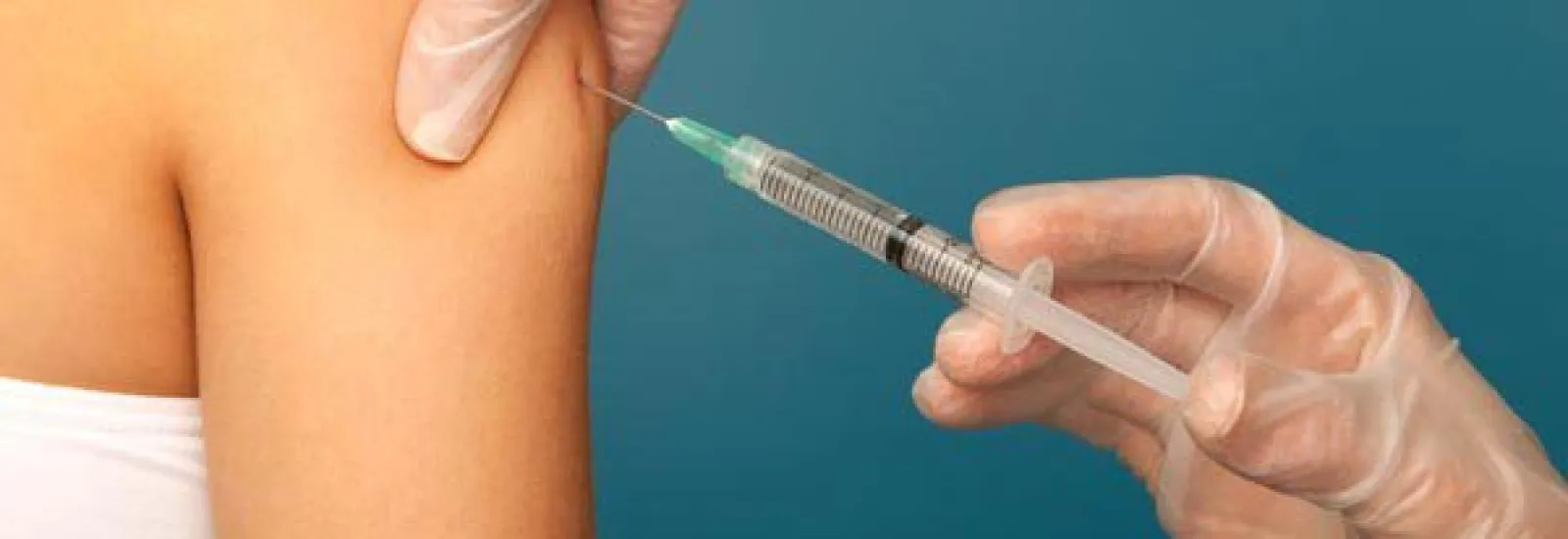
HPV vaccine: A step toward protecting boys and girls against cancer
The human papillomavirus (HPV) is actually a group of about 150 viruses and it's one of the most common sexually transmitted infections (STI). According to the Centers for Disease Control and Prevention (CDC) almost all men and women get the virus at some point in their lives and nearly 80 million people are infected in the United States. The HPV vaccine is an attempt to stop the spread of the virus and protect people from HPV-related cancers.
Learn more about HPV vaccinations at Reid Health
Negative effects
For many people an infection comes and goes without negative health effects and most don't know they have it. In other cases some types of the virus cause genital warts and others can lead to cancer. The CDC noted that lingering HPV can cause cancer of the cervix vulva vagina anus throat and penis.

Vaccine details
The HPV vaccine has been extremely successful in preventing the majority of HPV-related cancers as well as genital warts the CDC explained. However the vaccination rates aren't as high as many have hoped. Approximately 63 percent of girls and 50 percent of boys nationwide began the vaccine series.
Receiving the vaccine
Boys and girls should get the vaccine around age 11 or 12 the CDC noted. HPV-related cancers in men are on the rise which is why it's important to get the vaccine at a young age before your child becomes sexually active. You can begin as young as age 9 and aim to complete the series by age 13. Men can get the vaccine up to age 21 and women up to age 26. The vaccine is given in two doses administered about 6-12 months apart. It may be given at the same time your child receives the meningococcal conjugate and Tdap vaccines.
Vaccine risks
The risks of the vaccine are similar to those of any other vaccine including a reaction on the skin where the shot was given fever and headache according to the CDC. These symptoms usually go away on their own not long after the shot.
It can be uncomfortable as a parent to think about giving your child a vaccine against an STI when they're still young. However the goal is to protect them before they're exposed to the virus. If you have concerns about the vaccine speak with your doctor about what's best for your child and when you feel most comfortable getting the shot.

